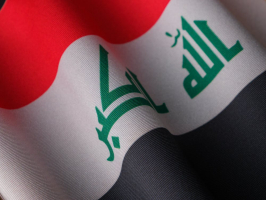Top 4 Reasons Why Afghanistan Is Impossible to Conquer
Afghanistan has been the site of many military invasions throughout history, but it remains unconquered due to a number of challenging factors. These factors ... read more...have made it difficult for foreign powers to establish lasting control over the country and maintain stability. In this article, Toplist will find out the reasons why Afghanistan is impossible to conquer.
-
The country is located at the crossroads of Central, South, and Southwest Asia and is dominated by the Hindu Kush mountain range, which runs through the heart of the country. These mountains provide a formidable natural barrier to military forces, making it difficult to move troops and supplies and to carry out military operations. The high altitude and inhospitable environment of the mountains also mean that military forces are exposed to extreme weather conditions and are vulnerable to attack by local resistance groups.
In addition to the mountains, Afghanistan also has vast deserts, including the Dasht-e Margo and the Dasht-e Lut, which are sterile environments that can make it difficult for military forces to operate. The deserts are characterized by extreme heat and lack of water, and they can pose a significant challenge to any military force trying to operate in the area.
These geographical challenges have contributed to Afghanistan's resistance to foreign conquest throughout history. The country's rugged terrain has made it difficult for invading armies to maintain control and has forced them to withdraw or be defeated in battle.
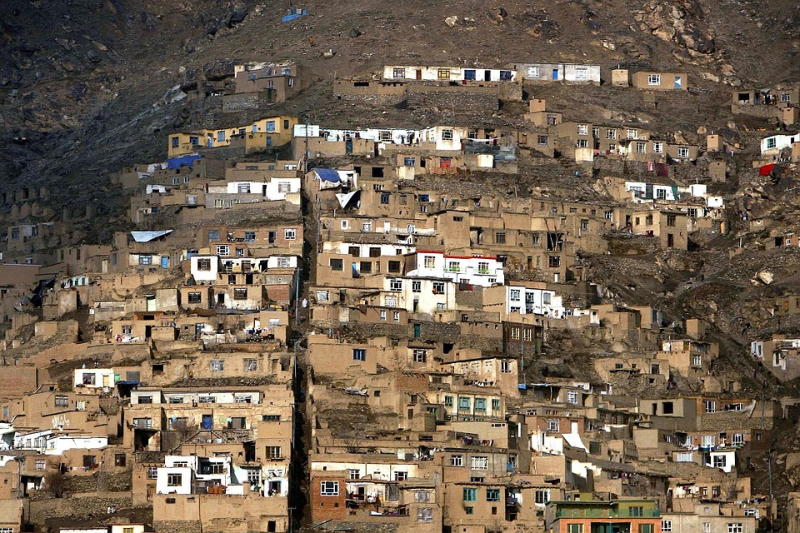
Photo by 12019 on Pixabay 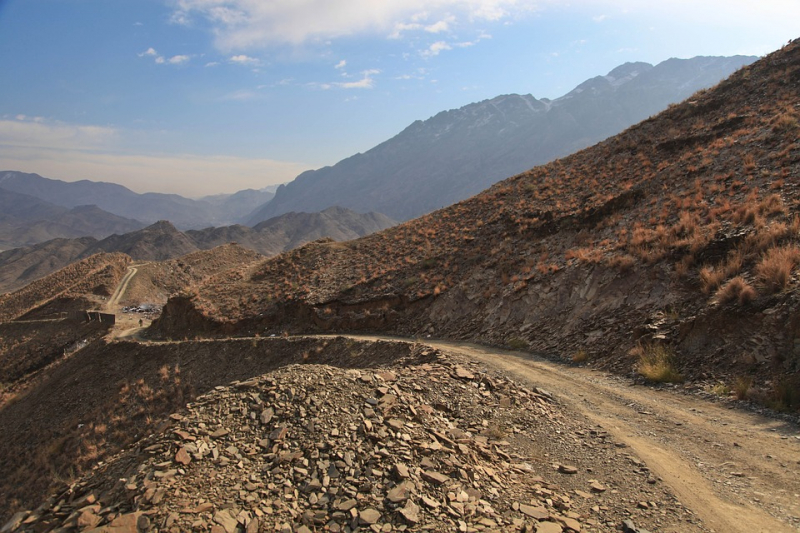
Photo by ArmyAmber on Pixabay -
Afghanistan is a complex mix of ethnic and linguistic groups, each with its own cultural traditions and ways of life. This has resulted in a highly fragmented society that is often characterized by local loyalties and a lack of central authority.
The tribal structures in Afghanistan have a long history and play a significant role in the country's political and social landscape. These structures are based on relationships between families, clans, and tribes, and they often take precedence over national allegiances. This has made it difficult for any one group to exert nationwide control, as local loyalties can often override attempts at centralization.
Furthermore, the tribal structures in Afghanistan are often intertwined with local power structures, which can make it challenging for outside forces to establish control. This is because local leaders often hold significant power and influence within their communities, and they are often able to resist attempts at outside control.
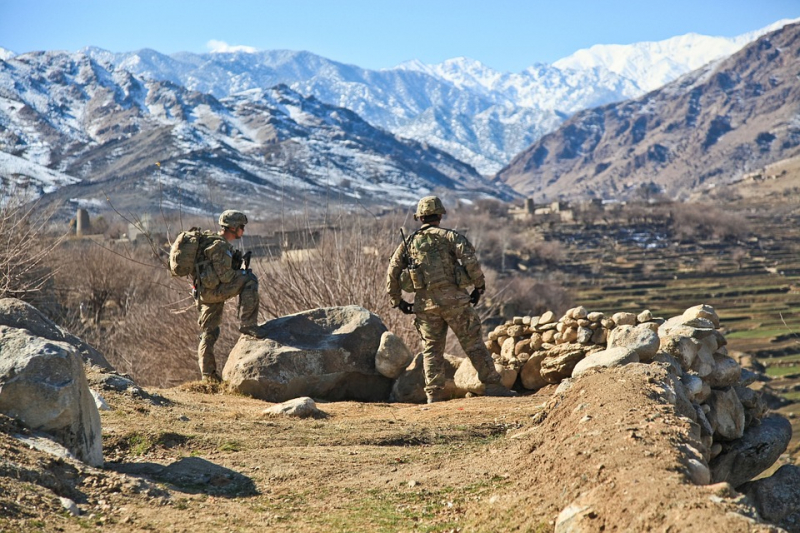
Photo by ArmyAmber on Pixabay 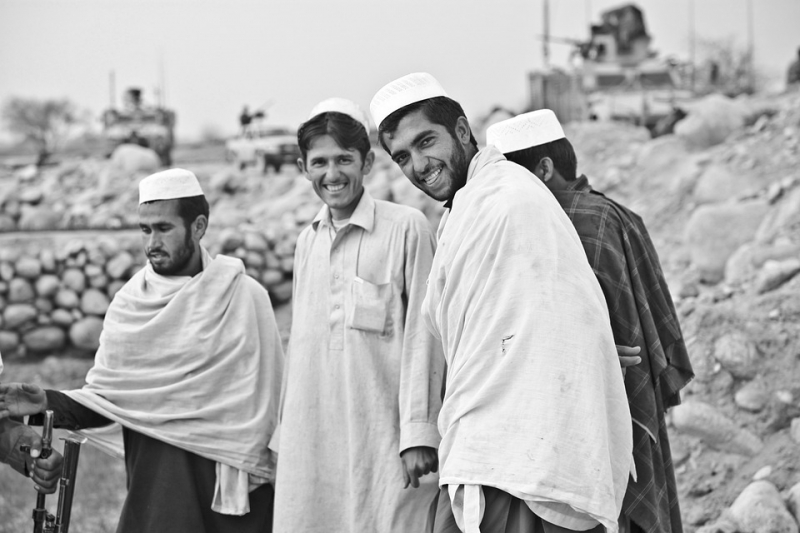
Photo by ArmyAmber on Pixabay -
Throughout its history, Afghanistan has been invaded and occupied by various foreign powers, including the Greeks, Arabs, Moguls, British, and Soviets. However, each time, the Afghan people have demonstrated a strong resistance to outside rule, often taking up arms and fighting against the invading forces.
This history of resistance has created a deep-seated mistrust of outside rule among the Afghan people, and it continues to play a significant role in the country's political landscape. The Afghan people have a strong sense of national identity and a deep commitment to their independence, and they have been willing to fight to preserve it.
Additionally, the Afghan resistance to foreign rule has been fueled by a sense of pride in the country's cultural and religious heritage, as well as a deep-seated commitment to preserving their way of life. This has made it difficult for foreign powers to establish lasting control over the country, as the Afghan people have demonstrated a willingness to resist outside rule, even in the face of significant military power.
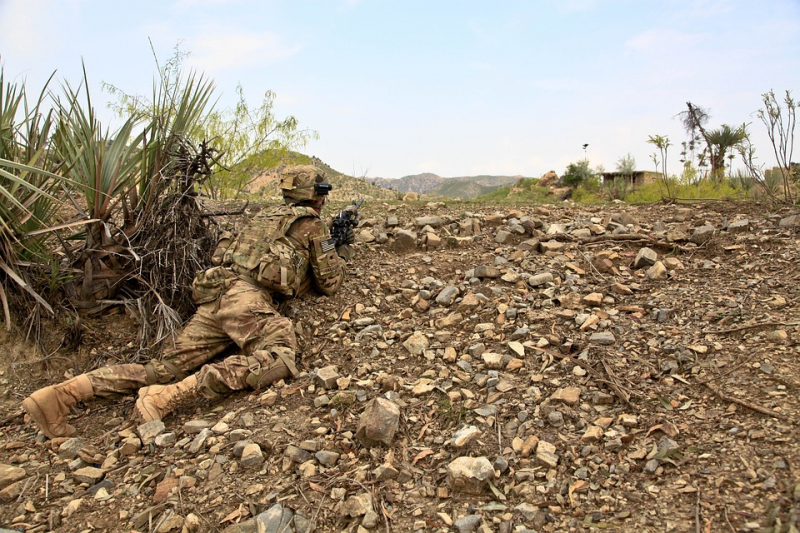
Photo by ArmyAmber on Pixabay 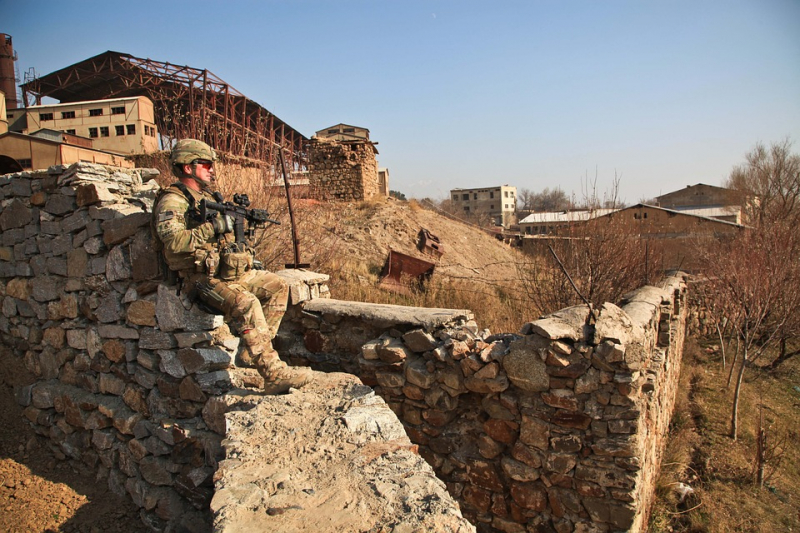
Photo by ArmyAmber on Pixabay -
This support has taken many forms, including military aid, weapons, training, and funding. For example, during the Soviet-Afghan War in the 1980s, the United States and other Western countries provided support to Afghan resistance fighters (known as the Mujahideen) in their fight against the Soviet-backed Afghan government and its Soviet advisors. This support helped to prolong the war and weaken the Soviet position, ultimately contributing to the Soviet withdrawal from the country.
Similarly, in recent years, various regional powers such as Iran and Pakistan have provided support to different factions in Afghanistan, either to pursue their own interests or to counter the influence of rival powers. This foreign support has helped to sustain the conflict and has made it more difficult for any one group to establish control over the entire country.
Foreign support is a key factor in the ongoing conflict in Afghanistan and has contributed to the country's difficult history of resisting foreign invaders. By providing support to various factions, outside powers have helped to prolong the conflict and make it more difficult for any one group to establish control.
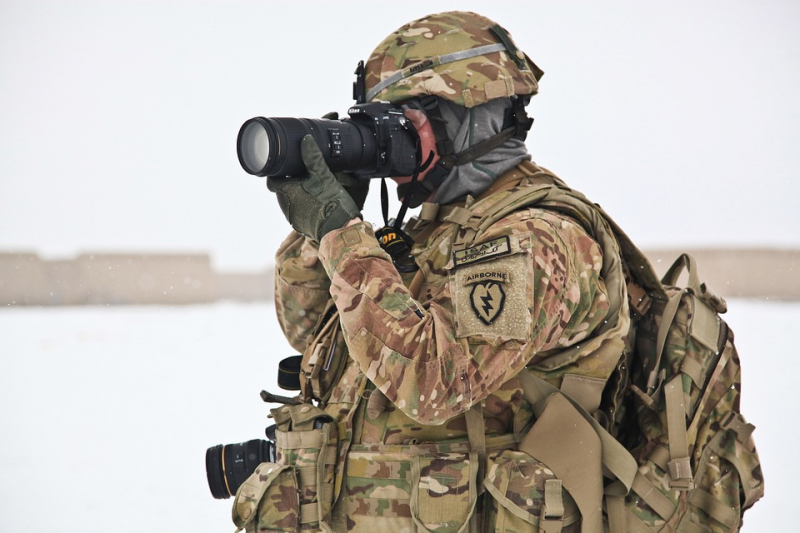
Photo by ArmyAmber on Pixabay 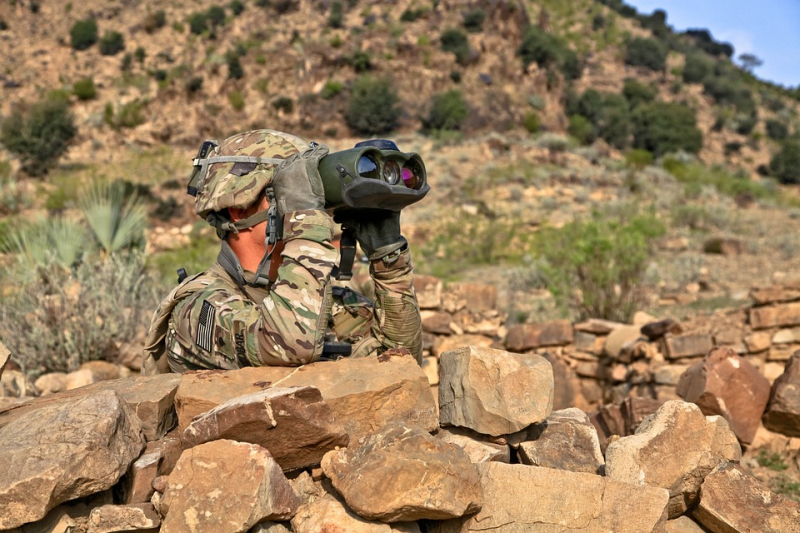
Photo by ArmyAmber on Pixabay











